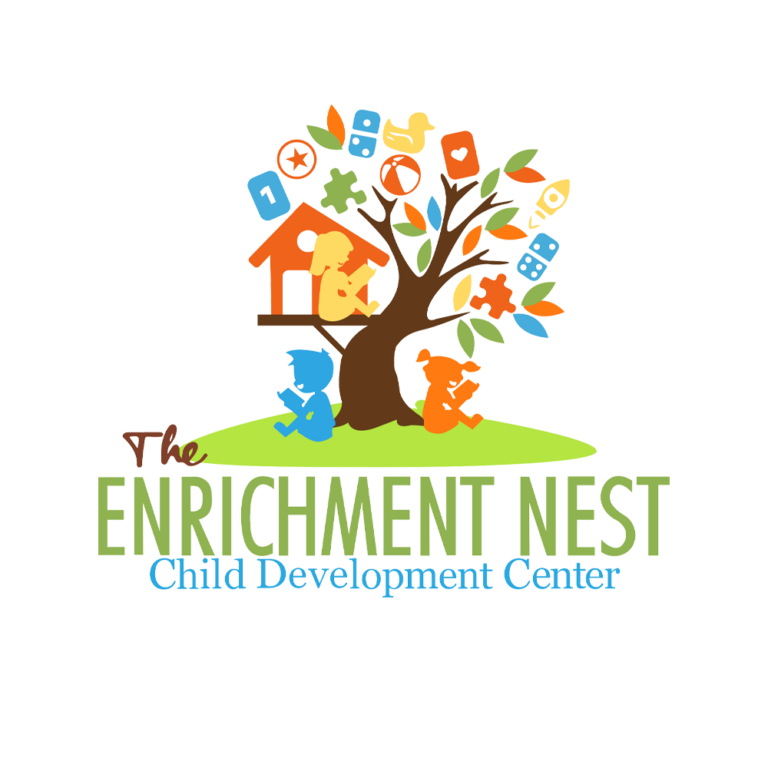Introduction:
In the enchanting world of childhood, where curiosity knows no bounds and imagination runs wild, there exists a powerful tool that not only entertains but also shapes the very foundation of a child’s cognitive development – reading. For children between the ages of 2 and 5, the act of reading is not merely a pastime; it’s a gateway to a universe brimming with colors, characters, and countless adventures.
1. Bonding Through Stories: Picture this: you and your little one snuggled up with a colorful storybook, the words weaving a tapestry of enchantment. Reading isn’t just about the words on the page; it’s a shared experience that fosters a strong emotional bond between parent and child. As you read aloud, your child not only hears the words but also feels the warmth of your presence, creating cherished memories that last a lifetime.
2. Language Development: The period between 2 and 5 years old is a critical phase for language development. Reading introduces your child to a vast vocabulary, helping them grasp new words, sentence structures, and concepts. Exposure to diverse language patterns in books lays the groundwork for effective communication skills, setting the stage for future academic success.
3. Imagination Unleashed: Open a book, and you open a world of imagination. For toddlers and preschoolers, who are just beginning to explore their creative minds, books serve as portals to fantastical realms where animals talk, adventures unfold, and dreams take flight. The power of imagination nurtured through reading is a gift that keeps on giving, enhancing problem-solving abilities and fostering creativity.
4. Cognitive Development: The cognitive benefits of reading to young children are manifold. As you engage in storytelling, your child’s brain is at work, processing information, making connections, and building neural pathways. The colorful illustrations and intriguing plots stimulate cognitive functions, aiding in memory retention and concentration.
5. Emotional Intelligence: Stories are not just a series of events; they are emotional journeys. Through the characters in books, children learn about empathy, kindness, and the myriad emotions that make us human. As they identify with characters and navigate their feelings, young readers develop emotional intelligence, a crucial skill that paves the way for positive social interactions.
Ending:
In the delightful world of early childhood, reading isn’t just a bedtime ritual; it’s a cornerstone for holistic development. As you embark on this magical journey with your little one, remember that the benefits of reading extend far beyond the pages of a book. You are not merely imparting knowledge; you are nurturing a love for learning, sparking the flames of curiosity, and laying the foundation for a future where the joy of reading is a lifelong companion.
So, gather your favorite storybooks, create a cozy reading nook, and let the magic unfold. For in the pages of a book, your child discovers not just stories, but a world of endless possibilities, waiting to be explored one word at a time.






